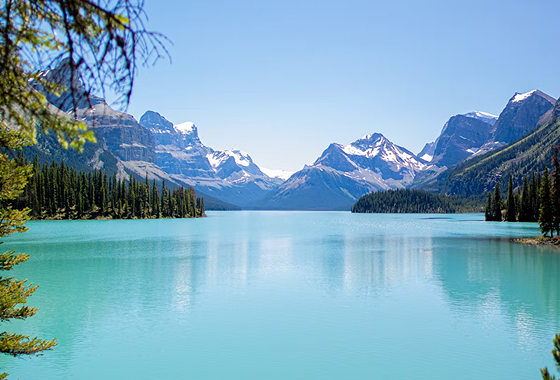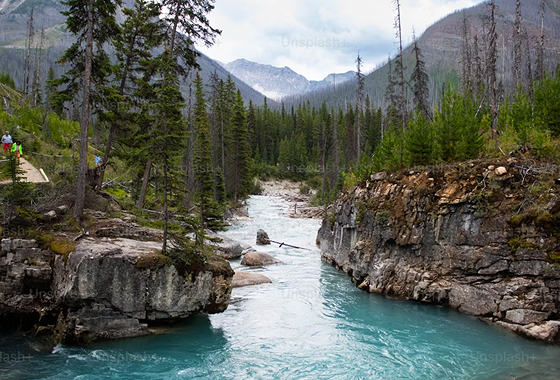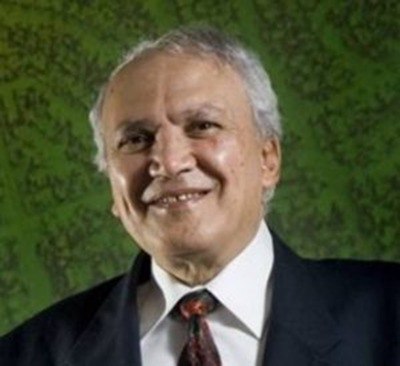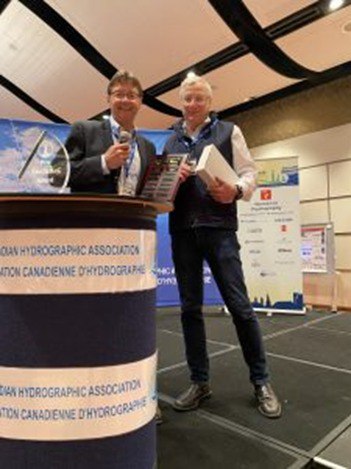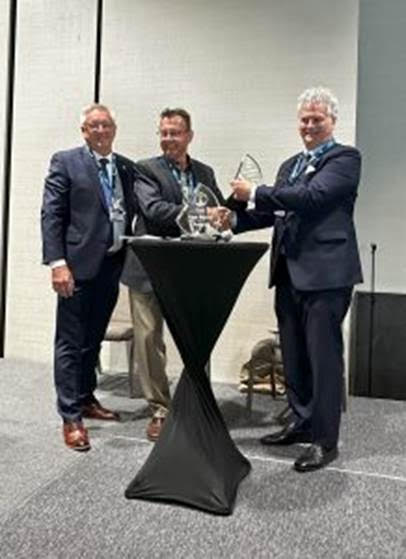Exploring our waters, creating the future
Join a professional community of hydrographers, keep up-to-date with the latest technology, and find inspiration in exploring our rivers, lakes and oceans
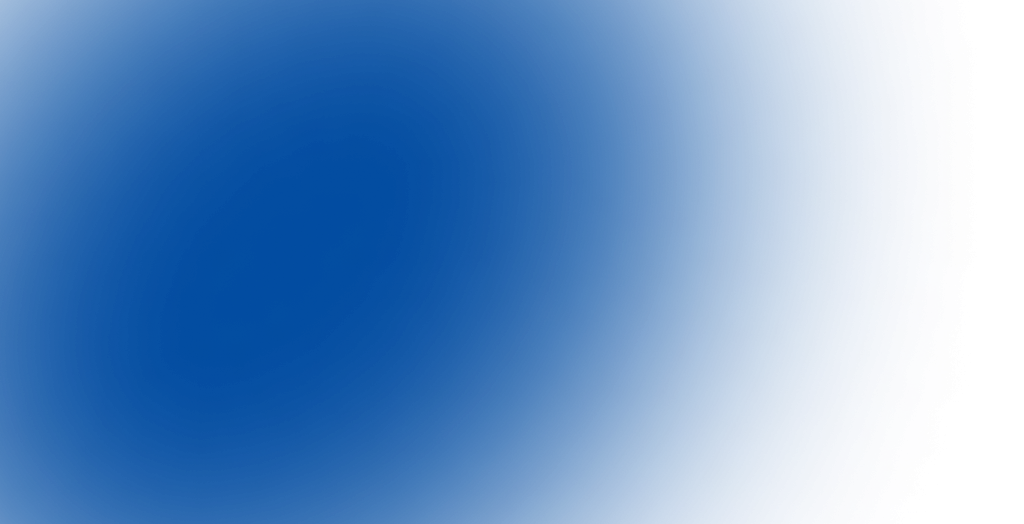
Hydrography impacts all of us
The Canadian Hydrographic Association (CHA) brings together hydrographic professionals, researchers, and enthusiasts to help them share knowledge, network, develop careers, and contribute to the study of the world’s waters.
Hydrography plays a vital role in navigation, environmental protection, disaster prevention, and resource management. Accurate hydrographic data ensures the safety of maritime transportation, supports sustainable fisheries, and helps mitigate the effects of climate change on coastal areas.
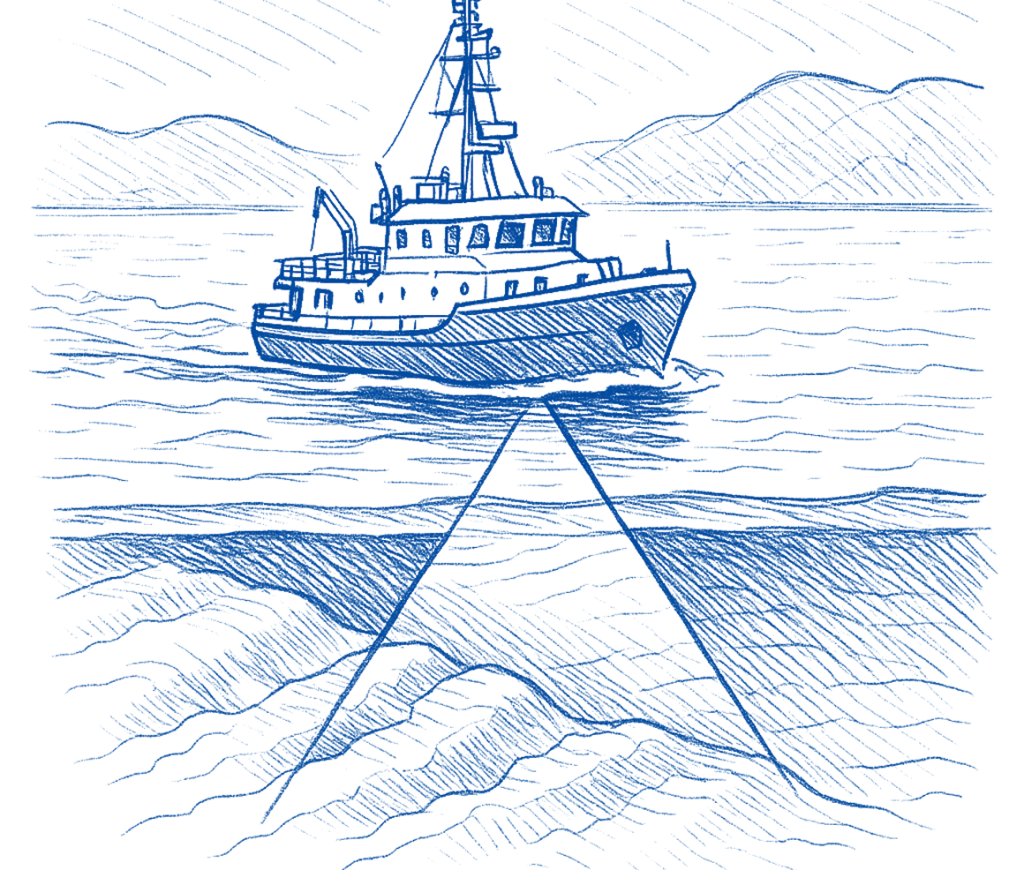
Our corporate members impact the industry
By supporting CHA, these organizations help advance hydrographic science, foster professional growth, and ensure the development of new solutions that benefit both the industry and the environment.

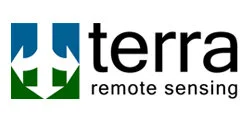
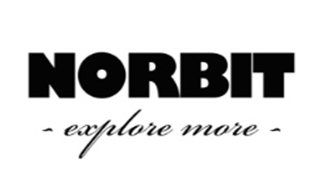
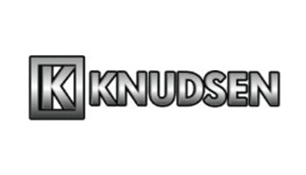
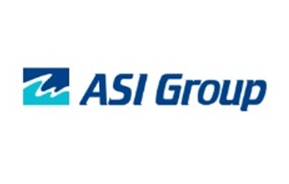
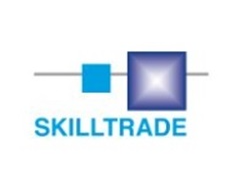
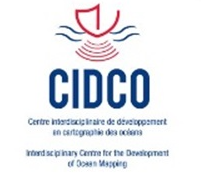
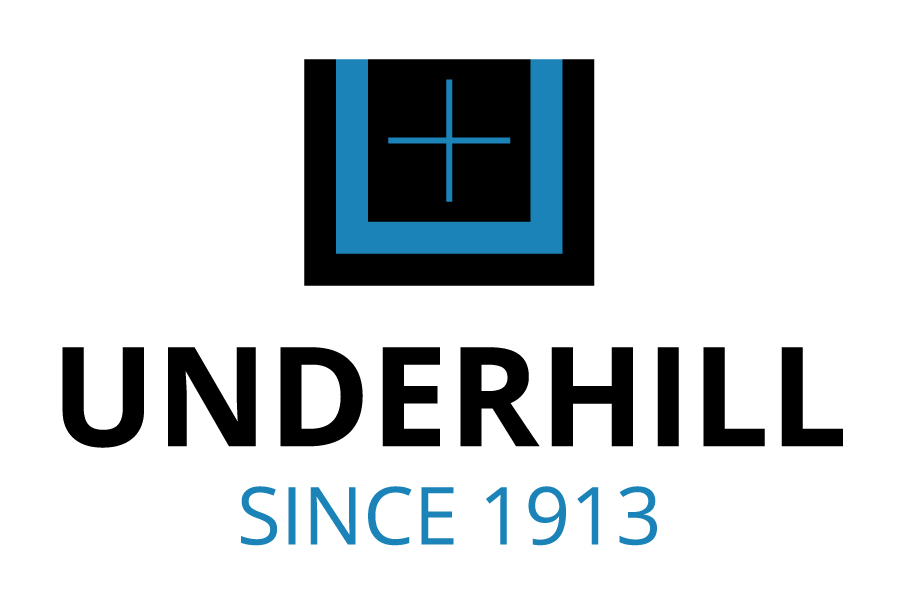
Join Us at the International Canadian Hydrographic Conference 2026
Connect with global leaders, explore the latest advancements, and take part in shaping the future of hydrography. This year’s conference will feature expert talks, a tradeshow with the latest products and services, and networking opportunities for professionals at all levels.
Our initiatives
We are committed to advancing hydrography through public awareness, educational programs, and professional networking.
Engagement
We provide effective venues to exchange information and share advancements & achievements in hydrography.
Education
Empowering the next generation of hydrographers is at the heart of our mission. We offer bursaries, continuing education, and online resources to support students and professionals
Certification
Participating in the setting and maintaining of the professional standards to ensure hydrographers are equipped to complete accurate and efficient surveys
Who we are
The Canadian Hydrographic Association (CHA) is a professional organization dedicated to promoting and advancing hydrography in Canada and beyond. Our mission is to support students, professionals and enthusiasts in the field by providing networking opportunities, professional development and support for those pursuing a career in hydrography.
With a strong commitment to innovation, sustainability, and collaboration, we work closely with industry leaders, academic institutions, and government bodies to enhance the understanding and application of hydrographic science.
Whether you are a seasoned expert or just beginning your journey in hydrography, the CHA offers a platform to connect, learn, and contribute to the future of marine and freshwater exploration.
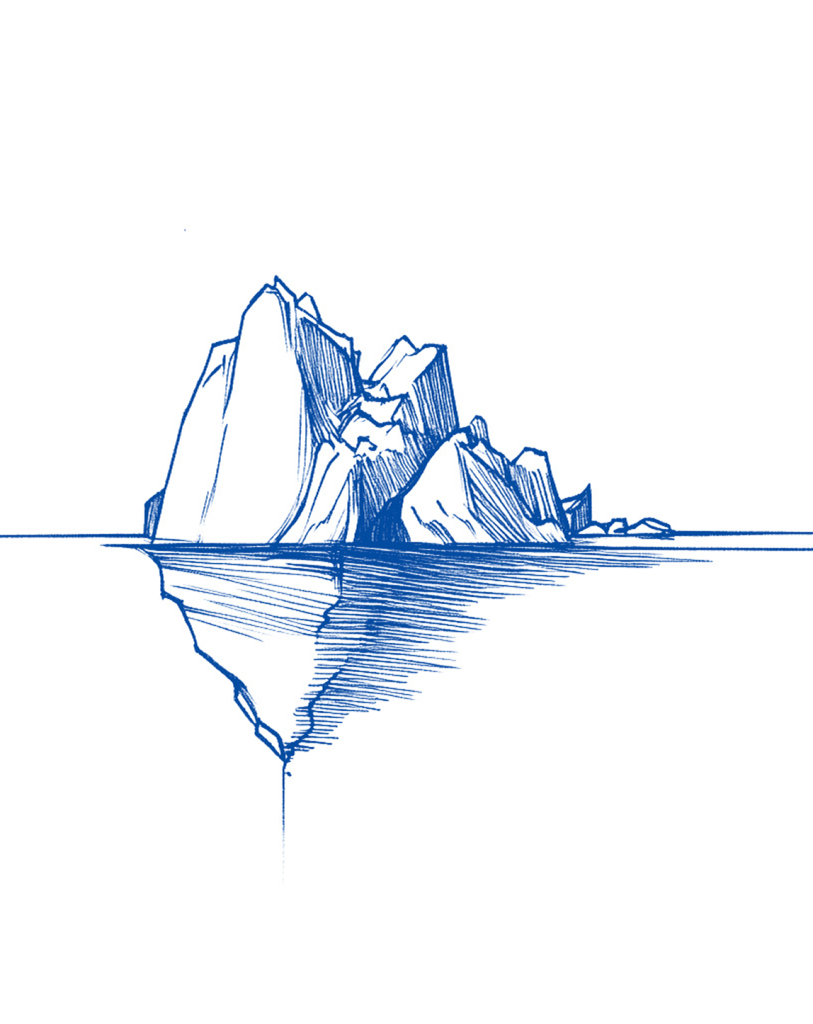
Stay updated
Contact Us
We welcome questions, ideas, and collaboration opportunities from professionals, students, and partners in hydrography. Whether you’re interested in membership, resources, partnerships, or simply learning more about our work — our team is here to connect.
